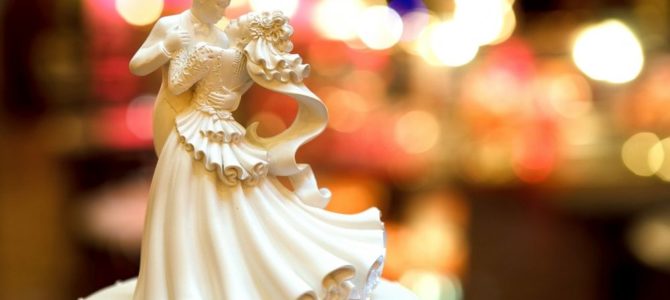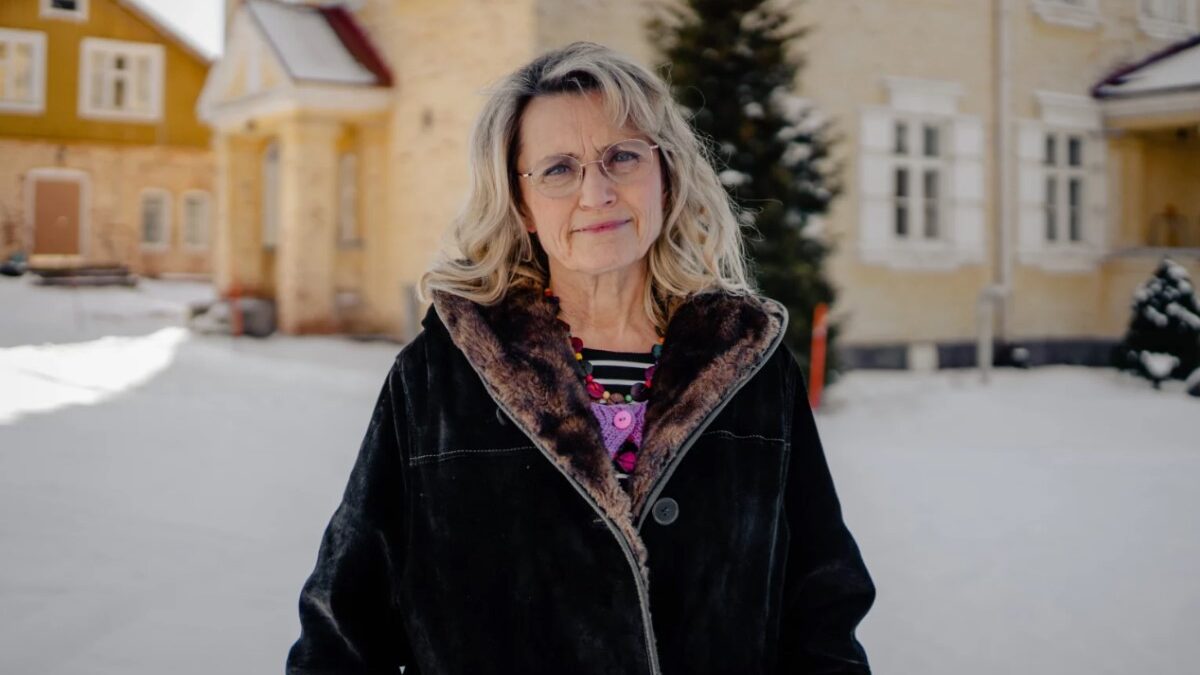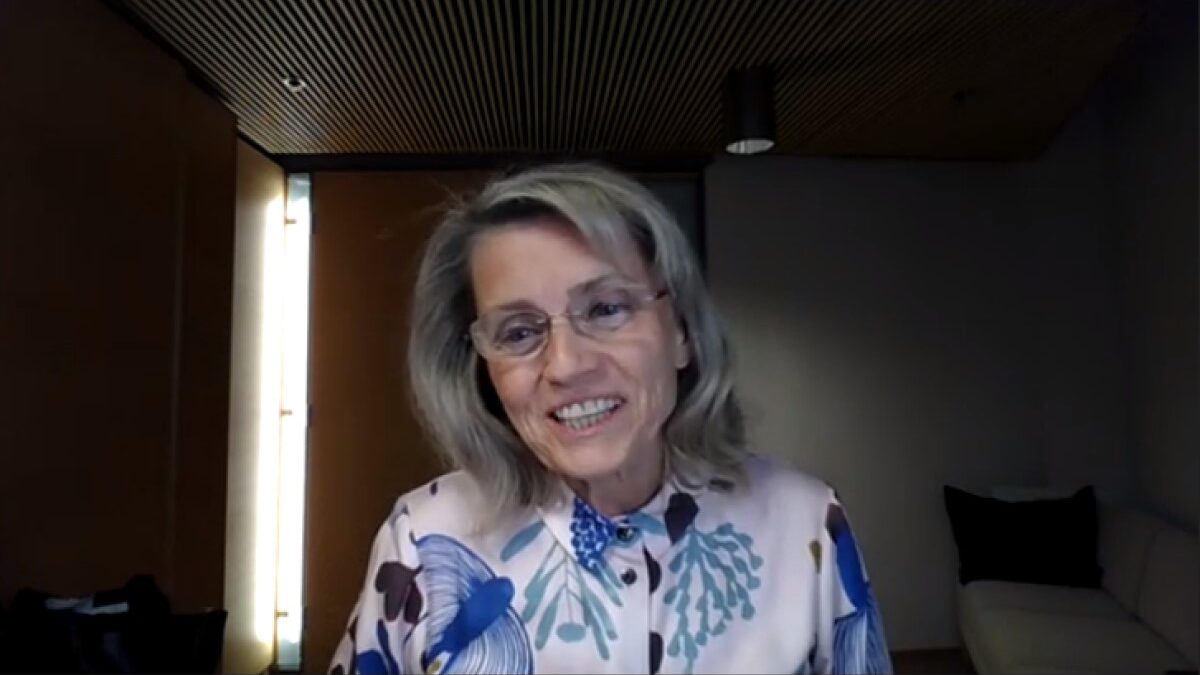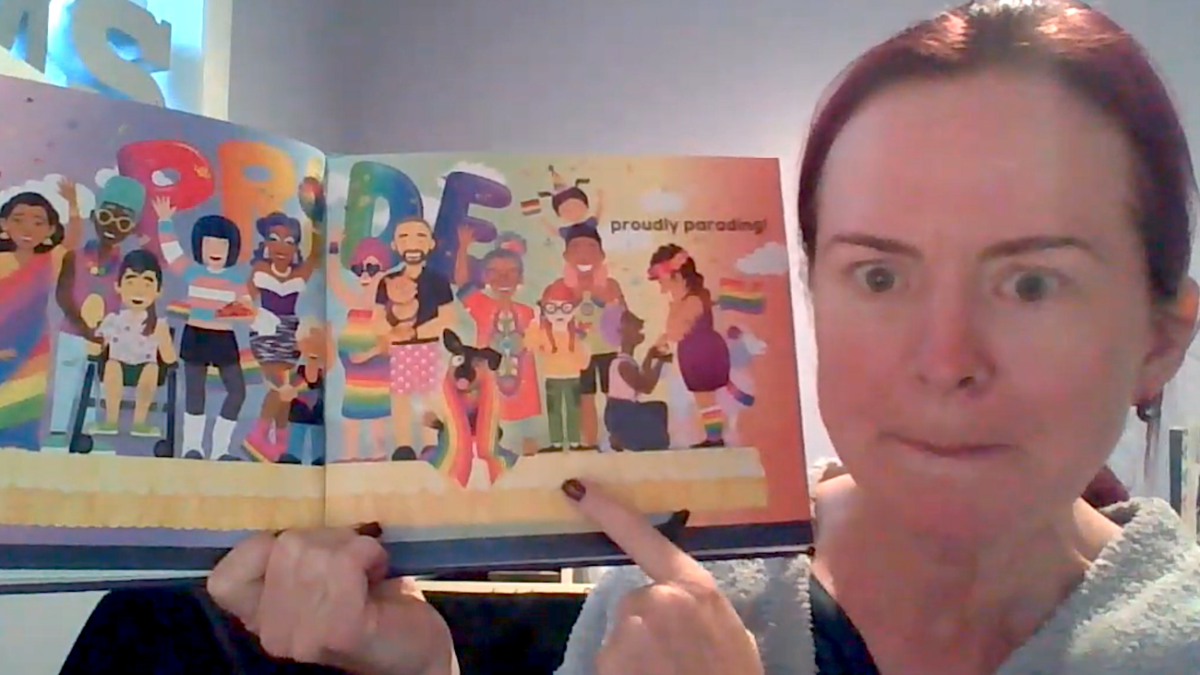
On a sunny day in July 2012, Charlie Craig and David Mullins walked into a Colorado cake shop, looking to buy a wedding cake. A few minutes later, the two men were fleeing the building through separate doors, flipping the middle finger and cussing so hard they hadn’t time to wait for Mullins’ mother to leave with them.
“F–k you and your f-ck-ng homophobic cake shop!” one screamed.
The whole interaction prior to this moment lasted only 20 or 30 seconds, but it would end up writing Masterpiece Cakeshops and its owner, Jack Phillips, into Supreme Court history.
The reason? Phillips had declined to make Craig and Mullins a same-sex wedding cake. Phillips is a devout Christian who had been blasted in a review a year or two previously when his shop refused to make a cake for a Halloween-themed wedding. This time, his refusal may have sounded similar: “Sorry, guys: I’ll make you birthday cakes, shower cakes, sell you cookies or brownies, but I just don’t do cakes for same-sex weddings.”
Yet the results were very different. An administrative law judge kicked off the process by claiming Phillips had violated the sexual orientation provision in Colorado’s anti-discrimination law. Phillips appealed, but lost again and again. Many in Colorado watched anxiously, both sides knowing that the issue at stake was not so much whether a baker would bake a particular cake, but whether the courts will require individuals who believe homosexual behavior is wrong to actively support celebrating it.
Celebrate My Behavior, Or Else
Tuesday, the Supreme Court hears oral arguments in this case, and that’s why everyone is talking about it again. Phillips’ story is hardly unique. Twenty states currently include “sexual orientation” in their anti-discrimination laws, and the past ten years have seen a number of Christian florists, bakers, and photographers ground through courts for refusing to design celebratory materials for same-sex weddings.
Each case involved a hardworking and courteous entrepreneur who was more than happy to serve people who identify as gay, but refused to design any part of a same-sex wedding. In some instances, it is almost stunning to hear that the defendant was found guilty of discriminating against the plaintiff on account of his sexual orientation.
Baronelle Stutzman of Washington state, for instance, had sold bouquets to plaintiff Robert Ingersoll, knowing that he was a practicing homosexual, for nearly a decade before refusing to create flower arrangements for his wedding. She had developed such a warm relationship with him by that point that when she found herself obligated to turn down the offer, she explained herself at length, he expressed his understanding, and they hugged before he left.
Ingersoll seemed to sue her with a bad conscience, initially asking for a mere $7.91 to cover the costs of driving to a different flower shop. Yet Stutzman lost in court. Not only did she lose, she lost at every level. There was not a single dissent in her favor all the way up to the Washington State Supreme Court.
This has been true of every case brought against a Christian florist, photographer, or baker that I am aware of. To my knowledge, no judge has ever authored an opinion or a dissent in such a case that favored the defendant. This fact, at such odds with the apparent innocence of the Christian entrepreneurs being prosecuted, cries out for the public to take an honest look at the reasoning judges use to convict Christians under homosexual special protection laws.
How Sex Discrimination Charges Play Out In Court
Each opinion begins with the relevant state’s anti-discrimination law, which states that public accommodations may not decline to serve customers on account of their “sexual orientation.” A person’s “sexual orientation” is defined by law as his or her “heterosexuality, homosexuality or bisexuality.” A person’s “homosexuality” is further defined in the landmark Elane Photography case (cited by subsequent cases, including Phillips’) as “that person’s propensity to experience feelings of attraction and romantic love for other members of the same sex.”
Thus, each case begins with a law which, when spelled out explicitly, forbids refusing service to someone on account of his or her “propensity” to experience same-sex attraction (SSA). The next step, of course, is to ask whether the Christian business refused service to a homosexual on account of his propensity to experience SSA or on account of the nature of the product the homosexual wanted the Christian to design.
So, in Phillip’s case, for example, the key question is whether Phillips refused service to Craig and Mullins because he did not want to make a cake with a pair of amorous male figurines on top (or some other “objectionable” symbol), or because he did not want to do business with the pair of men in his shop.
While the court is always forced to grapple with this question in some form, most justices first frame the issue by using judicial discretion of one kind or another to remove from consideration the nature of the product requested for a same-sex wedding. In Phillips’ case, Judge Taubman refused to consider whether the same-sex wedding cake Craig and Mullins wanted might have required Phillips to design symbols (like those male figurines) with which he disagreed. Taubman justified this by pointing to the fact that Phillips turned the homosexual couple down before either of them “conveyed any details of their desired cake to Masterpiece.”
This argument, of course, relies on the assumption that Phillips could not have reasonably anticipated that taking an order for a custom same-sex wedding cake would likely require him to design symbols or express messages with which he strongly disagreed.
The likelihood that Phillips did anticipate this fact, and based his refusal to do same-sex wedding cakes primarily on it, is made extraordinarily high by the additional, undisputed fact that he was willing to sell Craig and Mullins anything else in his shop, despite knowing the pair could easily use desserts they ordered for their reception. Nevertheless, the Colorado courts not only refused to consider, but actually denied discovery (forbade collecting information about) “the type of wedding cake Craig and Mullins intended to order.”
This devious decision—made, to a greater or lesser degree, by each of the courts that condemned a Christian artist—forced Phillips to fabricate a justification for denying an assumedly generic service to a homosexual pair simply because the service would be involved in a same-sex wedding.
We’ll Decide What Your Motivations Are
Of course, this position is somewhat harder to argue, especially since it does not reflect the facts of the case. But this does not mean it is invalid. After all, whether for reasons of conscience or business, public accommodations are pretty much always allowed to refuse any of their services to events with which they do not want to associate their brand.
As long as their policy is uniform, this is allowed even when the service they are refusing happens to be wanted by a person belonging to a protected class. In such cases they must be objecting to a person’s conduct (the event the person intends to use the product for), not their status or class.
However, the Colorado courts argued that “in some cases, conduct cannot be divorced from status. This is so when the conduct is so closely correlated with the status that it is engaged in exclusively or predominantly by persons who have that particular status.” Since same-sex marriage is obviously “engaged in exclusively or predominantly” by “gays, lesbians, and bisexuals,” it follows that same-sex marriages, in all the publically marketed services they may require, cannot be discriminated against any more than the two SSA individuals getting married. In Taubman’s words: “discrimination on the basis of one’s opposition to same-sex marriage is discrimination on the basis of sexual orientation.”
This chain of argument would have startling results if it were generally applicable. If conduct were really inseparable from status in every instance where it was engaged in exclusively or predominantly by persons who have that particular status, Klu Klux Klan meetings would be protected under anti-discrimination laws. For, clearly, they would be “engaged in” only by members of a particular race, and race is a protected class under Colorado anti-discrimination laws.
But Taubman and others do not trouble themselves to guard precedent from these kinds of hypotheticals, hinting instead that status-correlated conduct will enjoy the same protection as status under anti-discrimination law primarily when the judge considers that conduct “an irrational object of disfavor.” Taubman asserts (without substantiation) that same-sex marriage fits this bill perfectly. What else may or may not be “irrational” to oppose on religious or moral grounds remains to be seen.
This Essentially Outlaws Christianity, Judaism, and Islam
In the meantime, legal decisions founded on these principles inevitably convict the Christian plaintiff. Phillips and those like him can scarcely argue that they do not object to the celebration of homosexual eros intrinsic to every same-sex wedding. And when one is not allowed to mention the nature of the cake being made, arguments from freedom of religion or freedom of speech cannot point to the very object of expression and offence to conscience that the Christian is being sued for refusing to make.
Supreme Court Justice Anthony Kennedy, is, of course, expected to be the swing vote, but the reasoning above relies extensively on precedents he has authored. Provided the details of the case remain obscure, it may be reasonable to expect that he will swing left, locking the above line of reasoning—or something analogous—into permanent law.
If this should happen, it will not simply unjustly eject hundreds, perhaps thousands, of Catholics, Muslims, Orthodox Jews, and devout Protestants from any wedding-related businesses they have built. It will set a precedent from our highest court that it is discrimination on account of sexual orientation to publically disfavor any kind of activity that practicing homosexuals “exclusively or predominately” engage in. Given that all the Abrahamic faiths proscribe homosexual action, the decision to come out next year may truly be “religious freedom’s Roe v Wade.”









